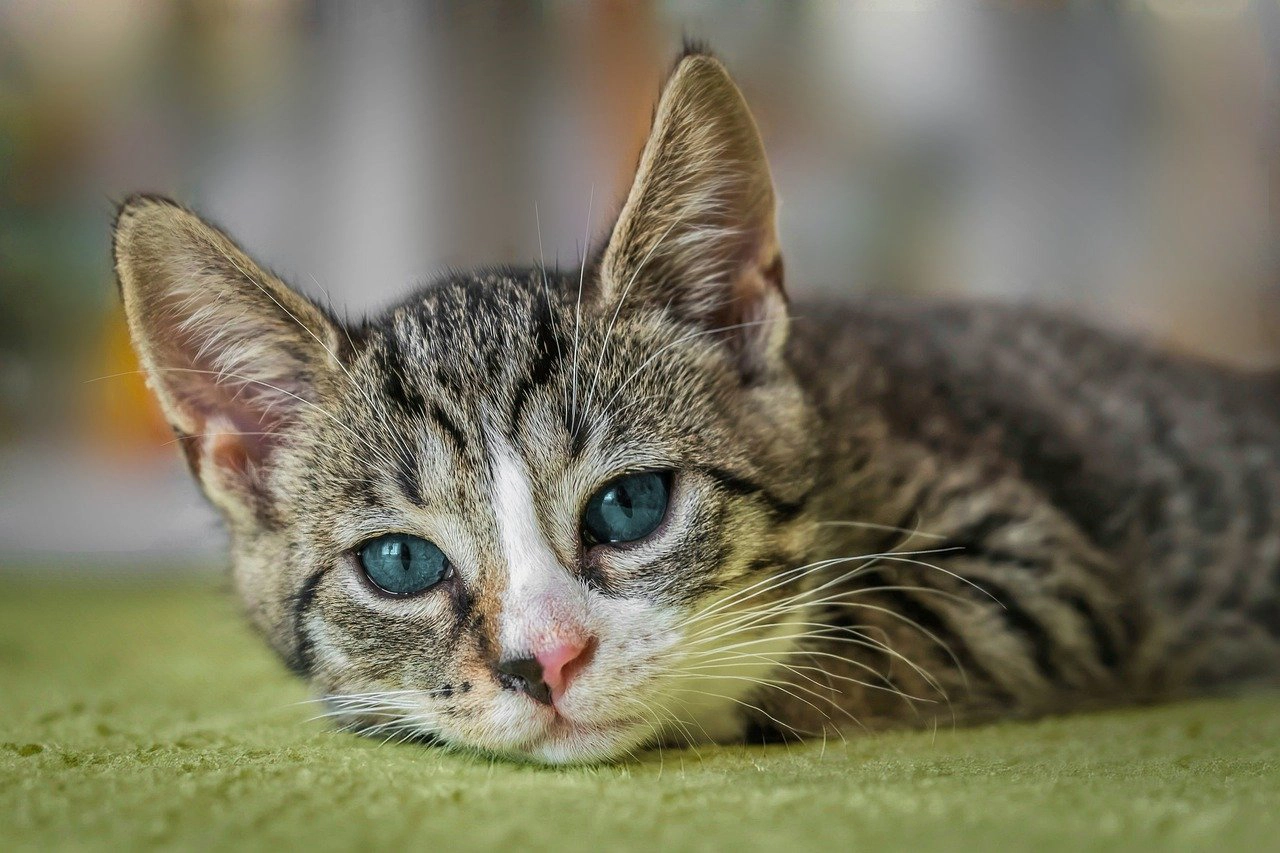
Foods toxic to cats can be surprisingly common, especially since cats are curious creatures, often intrigued by the smells and tastes of their owners’ food. What may be delicious and harmless to humans can be dangerous, even deadly, for felines. Cats have dietary needs and tolerances that differ greatly from ours, making it essential for pet owners to understand which foods pose a risk. This isn’t just about preventing mild discomfort; some foods can cause severe harm or even be fatal. Knowing these dangers is crucial for keeping your cat safe.
Feeding your cat human food might seem like an innocent treat. But the reality is that many common foods can lead to serious health problems. These dangers range from mild discomfort to potentially fatal conditions. The good news is that with knowledge and vigilance, you can protect your feline friend from these risks.
In this article, we’ll explore 11 foods that are toxic to cats. Each of these foods has different effects on your cat’s health. From damage to internal organs to causing fatal conditions, the dangers are real and varied. Knowing these foods can help you make better choices for your cat’s diet. It’s essential to be informed, so you can prevent accidental poisoning and keep your pet healthy and safe.
1. Chocolate
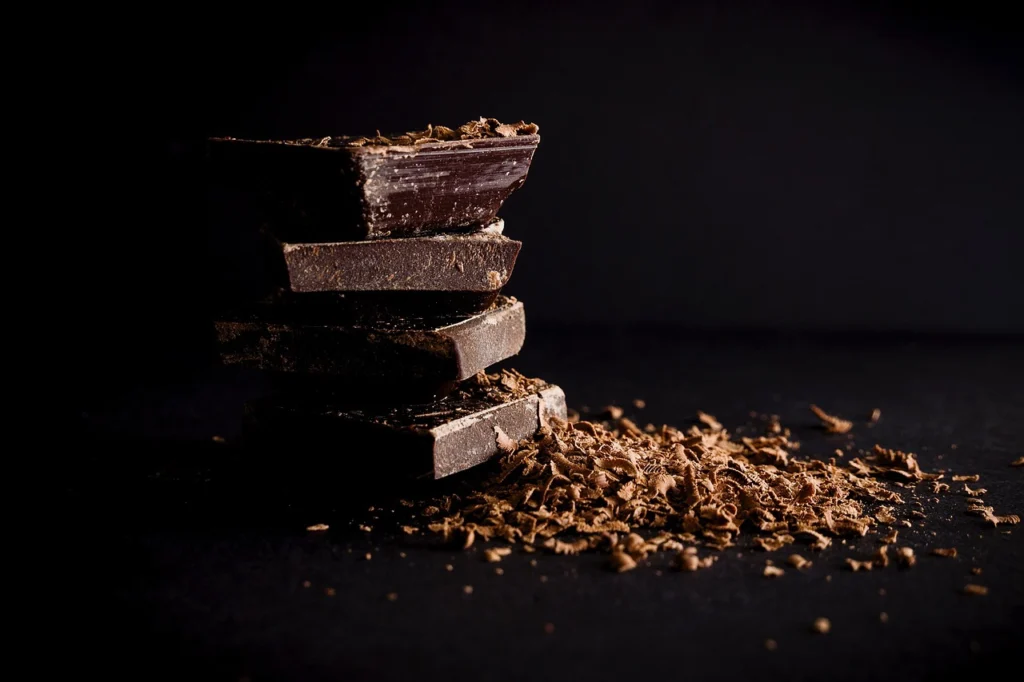
Chocolate is a well-known toxin for pets, including cats. Theobromine, a compound found in chocolate, is highly toxic to cats. Even a small amount can cause symptoms such as vomiting, diarrhea, and seizures. Dark chocolate and unsweetened baking chocolate are particularly dangerous due to their higher levels of theobromine. If your cat ingests chocolate, it’s critical to seek veterinary care immediately. The effects can be rapid and severe, leading to heart problems, muscle tremors, and in extreme cases, death.
2. Onions and Garlic
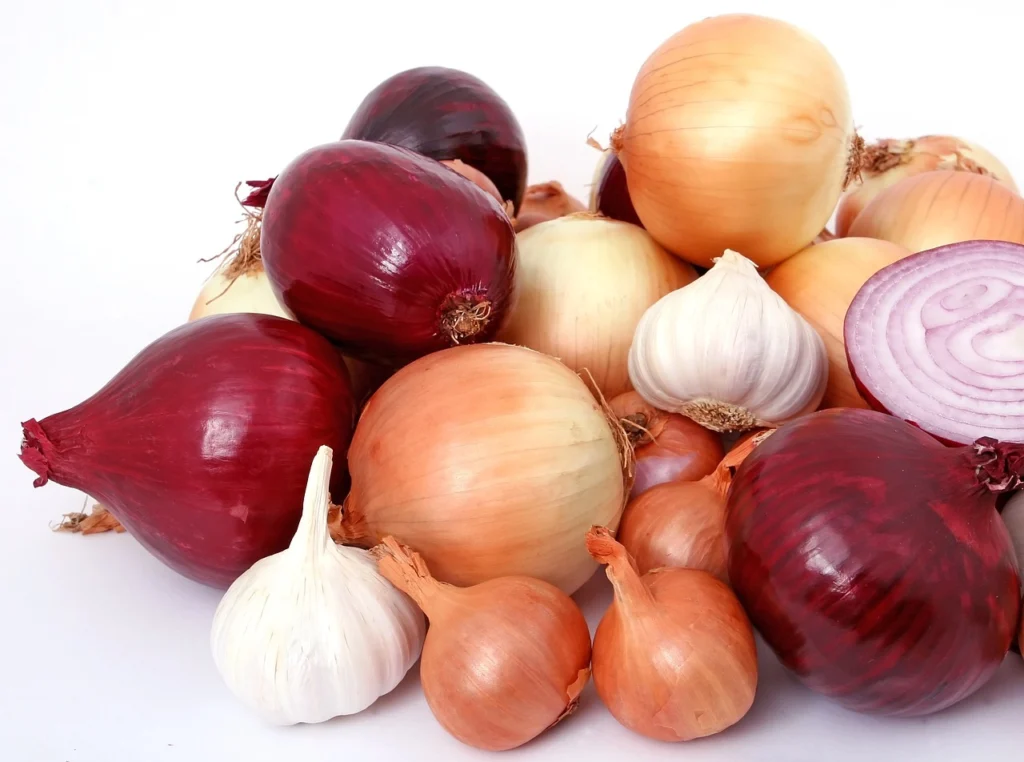
Onions, garlic, and other members of the allium family are toxic to cats. These foods can cause oxidative damage to your cat’s red blood cells, leading to a condition called hemolytic anemia. Even small amounts, whether raw, cooked, or powdered, can be harmful. Symptoms include weakness, lethargy, and difficulty breathing. The risk of poisoning increases with repeated exposure, so it’s essential to keep all forms of onions and garlic out of your cat’s reach.
3. Grapes and Raisins
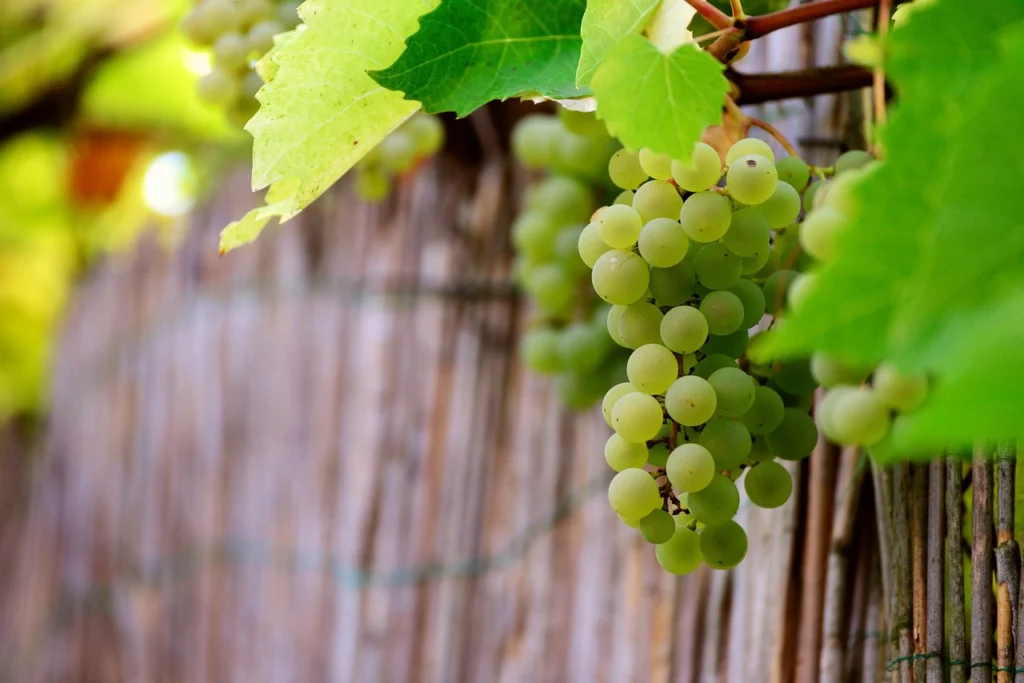
Grapes and raisins are toxic to cats, though the exact substance causing this toxicity is still unknown. Ingesting even a small amount can lead to acute kidney failure. Symptoms may not appear immediately but can include vomiting, lethargy, and decreased appetite. Without prompt treatment, kidney failure can be fatal. Because of the serious risk, it’s important to ensure that your cat never has access to grapes or raisins.
4. Alcohol

Alcohol can have severe effects on a cat’s liver and brain. Even a small amount can cause vomiting, diarrhea, coordination problems, and difficulty breathing. In more severe cases, alcohol poisoning can lead to seizures, coma, or death. Cats are particularly susceptible because of their small size. Even accidental ingestion, such as from a spilled drink, can be dangerous. Always keep alcoholic beverages out of your cat’s reach to prevent accidental poisoning.
5. Caffeine

Caffeine is found in coffee, tea, soda, and energy drinks. It’s also present in some medications and diet pills. For cats, caffeine is highly toxic. It can cause rapid heart rate, tremors, and hyperactivity. In severe cases, it can lead to seizures or death. Symptoms of caffeine poisoning can appear within an hour of ingestion. If you suspect your cat has consumed caffeine, it’s important to seek veterinary care immediately. Prevention is key, so be sure to keep caffeinated products out of your cat’s reach.
6. Xylitol
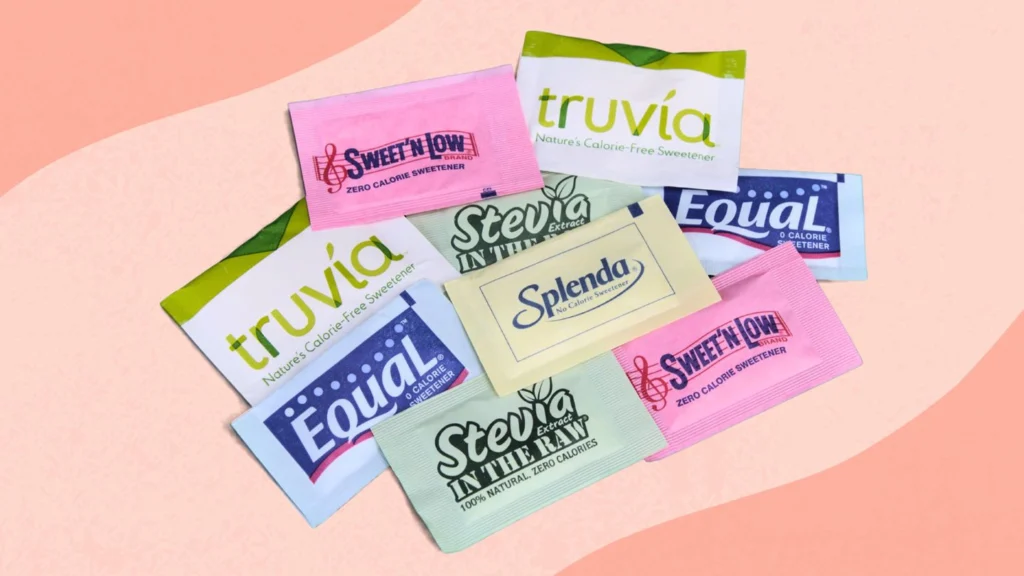
Xylitol is a sugar substitute found in many sugar-free gums, candies, and baked goods. While it’s safe for humans, it’s highly toxic to cats. Ingesting xylitol can cause a rapid release of insulin, leading to hypoglycemia (low blood sugar). Symptoms include vomiting, loss of coordination, and seizures. In severe cases, xylitol poisoning can result in liver failure. Since xylitol is becoming more common in household products, it’s essential to read labels carefully and keep these items away from your cat.
7. Raw Meat and Eggs
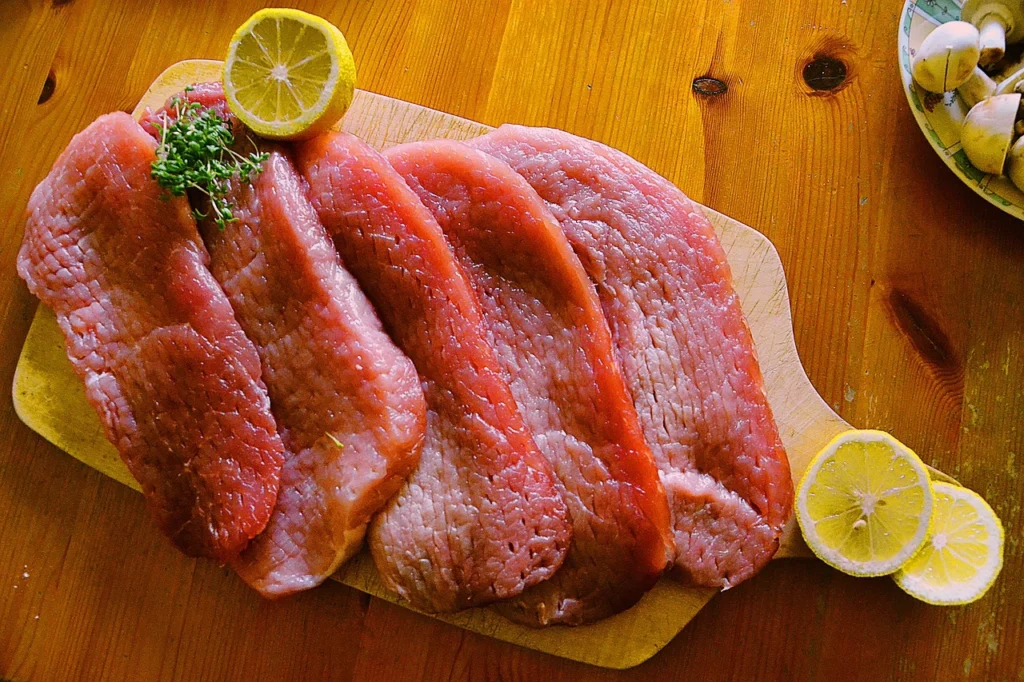
While cats are natural carnivores, feeding them raw meat or eggs can be dangerous. Raw meat and eggs can contain bacteria like Salmonella and E. coli, which can cause food poisoning. Additionally, raw eggs contain avidin, a protein that can interfere with the absorption of biotin, leading to skin and coat problems. The risk of contamination and nutritional imbalances makes raw diets risky for cats. It’s safer to stick to commercially prepared cat food that meets all their nutritional needs.
8. Dairy Products
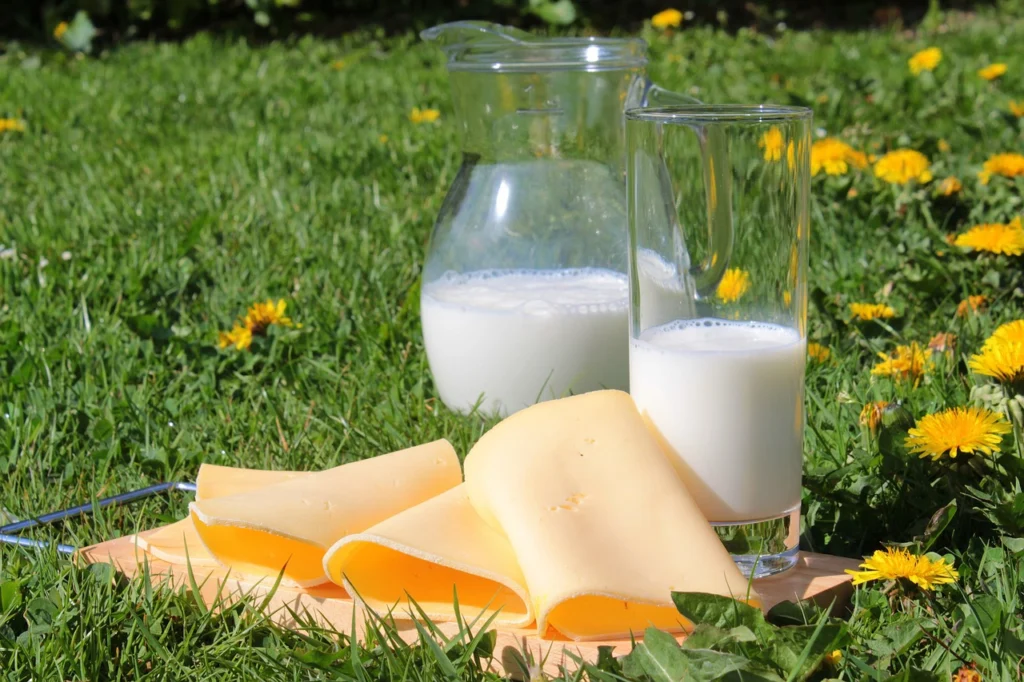
Despite the common image of cats drinking milk, many cats are lactose intolerant. This means they lack the enzyme lactase needed to digest lactose, the sugar found in milk and other dairy products. Feeding your cat dairy can lead to gastrointestinal upset, including diarrhea and vomiting. Even if your cat enjoys the taste, it’s better to offer lactose-free alternatives or simply avoid dairy altogether. There are plenty of safe and healthy treats that your cat will love.
9. Raw Fish
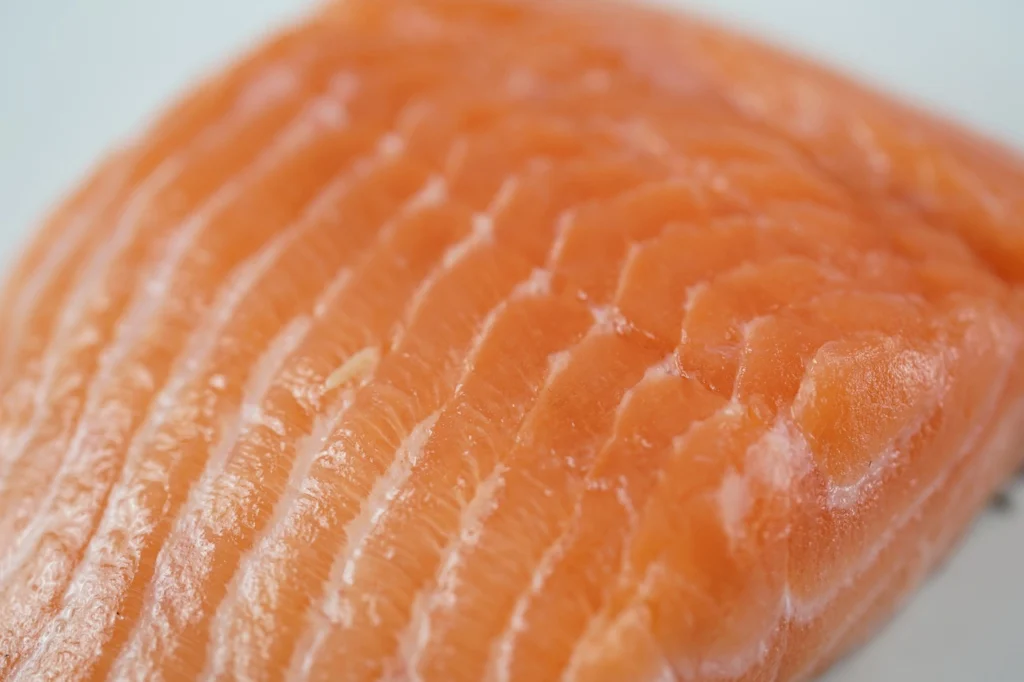
Raw fish can pose several risks to cats. It can contain harmful bacteria and parasites that cause foodborne illnesses. Additionally, raw fish contains an enzyme called thiaminase, which breaks down thiamine (vitamin B1). A deficiency in thiamine can lead to neurological problems in cats, including seizures. Cooking the fish destroys the enzyme, making it safe to eat. However, it’s best to avoid feeding fish to your cat regularly, as it can also cause nutritional imbalances.
10. Nuts
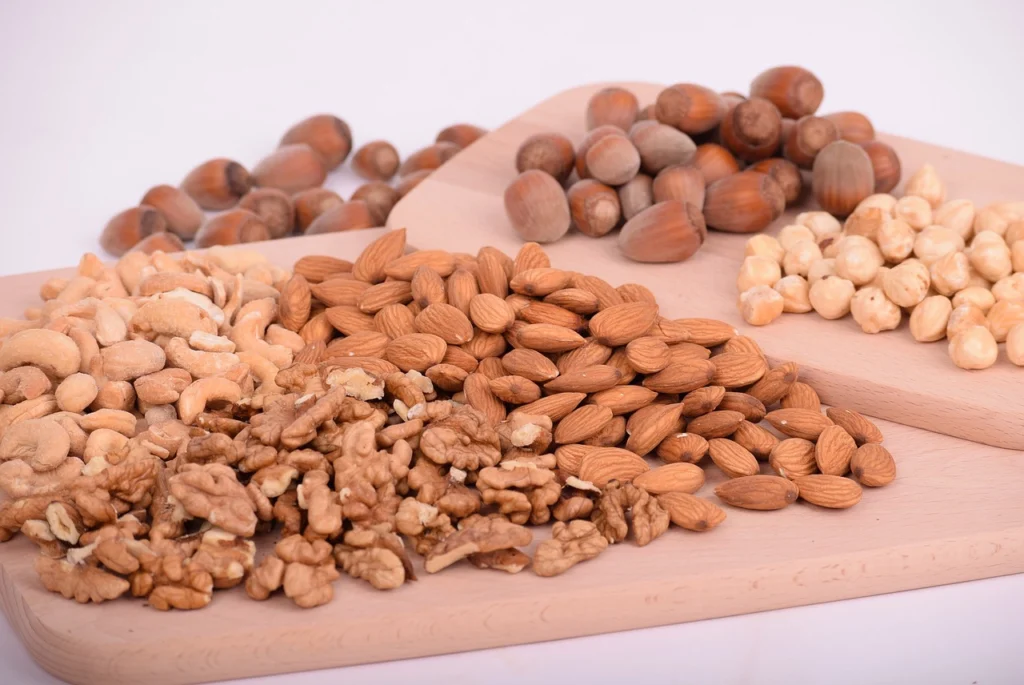
Certain nuts, such as macadamia nuts, are toxic to cats. Even a small amount can cause symptoms like vomiting, tremors, and hyperthermia. The exact cause of this toxicity is unknown, but it’s clear that nuts should be avoided in your cat’s diet. Other nuts, while not toxic, are high in fat and can lead to pancreatitis or obesity if consumed in large amounts. It’s best to keep all nuts out of your cat’s reach to prevent accidental ingestion.
11. Bones
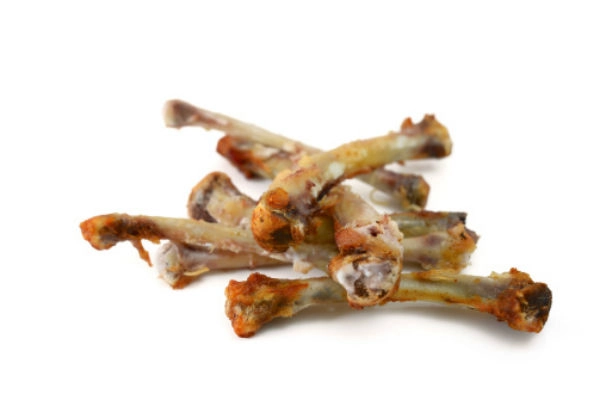
Cooked bones, especially those from poultry, can splinter and cause serious internal injuries in cats. These sharp fragments can cause blockages or tears in the digestive tract. Even raw bones, which are often considered safer, can pose risks if they are too small or if the cat is not supervised while eating them. It’s safer to avoid giving your cat bones altogether and opt for specially designed cat treats that satisfy their natural chewing instincts.
Knowing which foods are toxic to cats is essential for every pet owner. The 11 foods listed in this article are among the most dangerous and should be avoided at all costs. Cats have unique dietary needs, and their bodies react differently to certain substances compared to humans. What might seem like a harmless treat could lead to serious health problems or even death.
Prevention is always better than cure. By keeping these foods out of your cat’s reach, you can protect them from accidental poisoning. It’s also important to educate everyone in your household about the dangers of feeding cats human food. If you suspect your cat has ingested something toxic, don’t wait for symptoms to appear. Contact your veterinarian immediately. Quick action can make all the difference in ensuring your cat’s safety and well-being.
Your cat depends on you for their health and safety. With the right knowledge and precautions, you can provide them with a safe environment where they can thrive. Avoiding these toxic foods is a crucial part of responsible pet ownership. Stay informed, stay vigilant, and keep your feline friend safe from harm.
Were you are aware of all the foods toxic for cats that made our list? Let us know in the comment section below.
Check out our 11 Must See Indy Films.
4o







